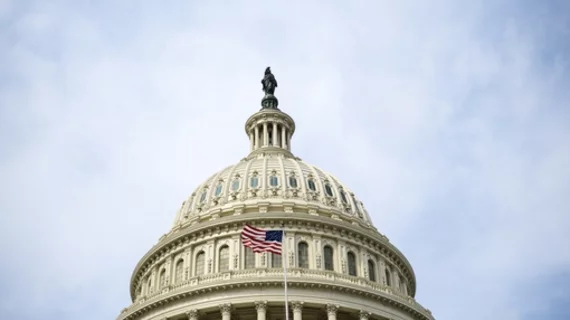The Government Accountability Office (GAO) will take on calls from U.S. Sens. Dick Durbin, D-Ill., and Richard Blumenthal, D-Conn., to investigate the FDA’s oversight of medical device recalls, according to a report from ProPublica.
The inquiry was prompted by previous reporting from ProPublica, in cooperation with the Pittsburgh Post-Gazette, which detailed the FDA's role during a controversial 2021 Philips breathing machine recall episode. The news organizations found that the company had received complaints about the breathing machines, some dating back to 2010, but did not notify patients or providers.
“Rather than reporting the adverse event report to FDA or initiating a recall, it waited and withheld thousands of additional adverse event reports for more than a decade,” said Durbin and Blumenthal in a December joint letter.
Philips issued a statement in the wake of the reporting saying it didn’t agree with the characterizations made in the articles and that it “acted to protect patient safety by initiating and executing a voluntary recall notification/field safety notice of significant scale.” Health Exec reached out for additional comments after this latest update, but Philips did not respond.
The GAO inquiry will examine how the FDA ensures that companies initiate recalls and what happens when manufacturers fail to comply.
The full report can be read on ProPublica at the link below.

